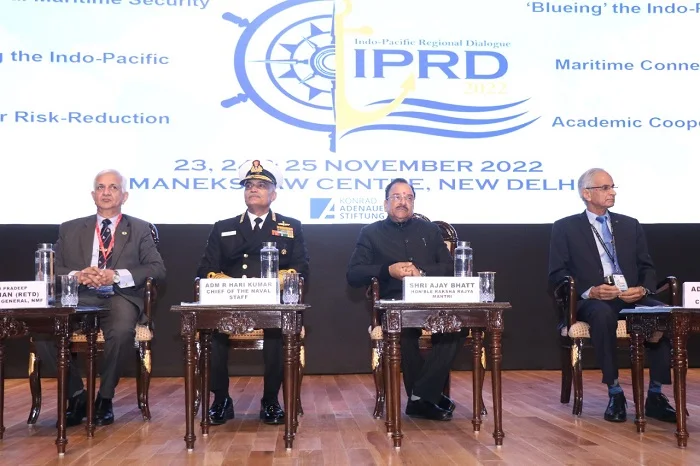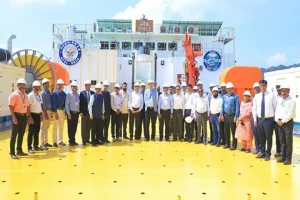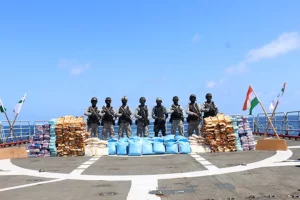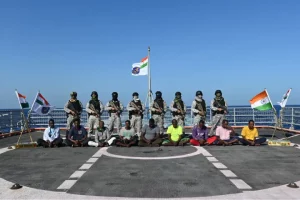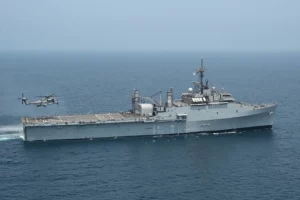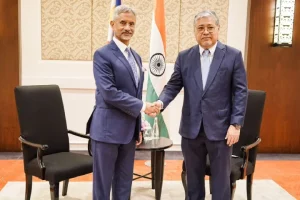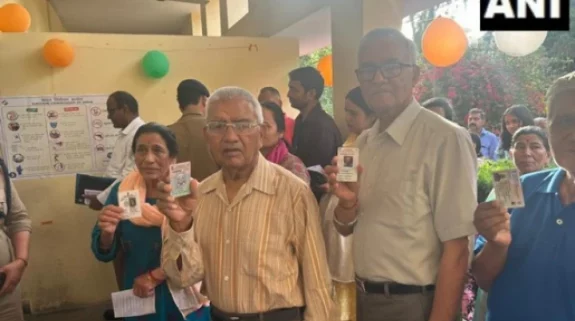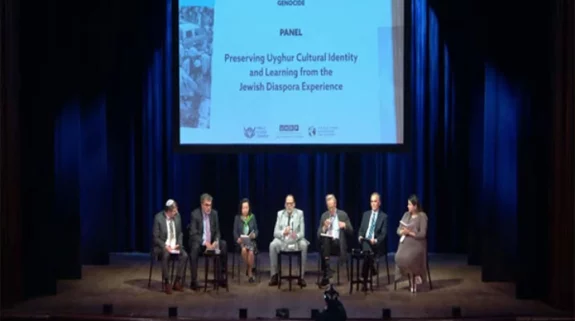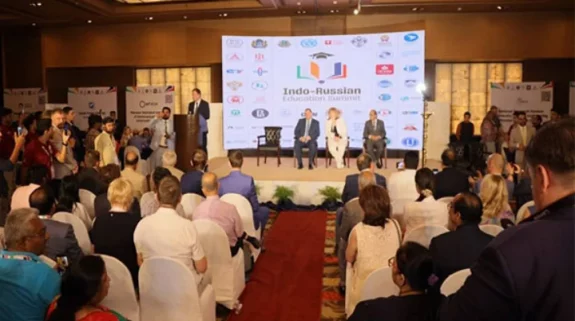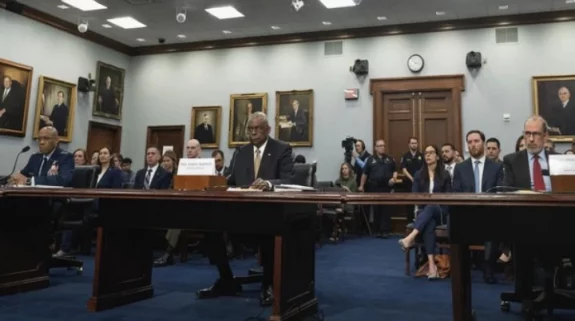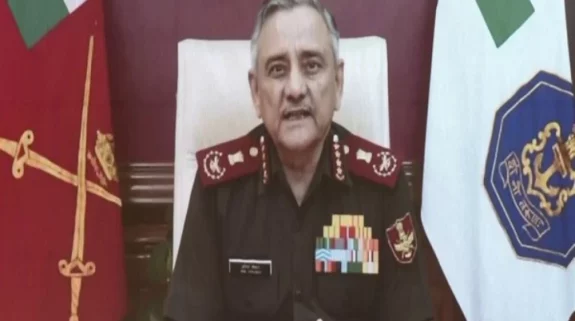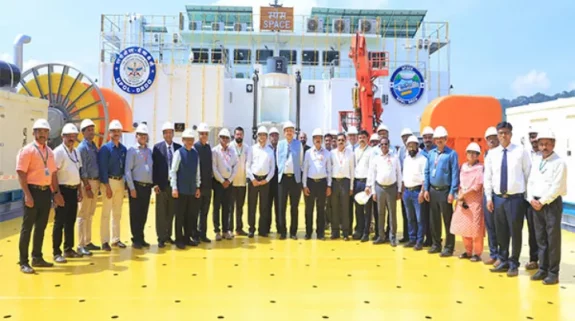Avoiding needless confrontation, the Navy today said notwithstanding complex challenges, India visualised a free, inclusive, peaceful and prosperous Indo-Pacific region.
Speaking at an international conference titled ‘Operationalising the Indo-Pacific Oceans Initiative (IPOI), Chief of Naval Staff Admiral R Hari Kumar said that the IPOI represents broadest framework conceptualised in Indo-Pacific guided by India’s vision of it as a free, inclusive, peaceful and prosperous region. It also reflects India’s civilisational ethos of mutual respect, pluralism, co-existence and dialogue.
The IPRD seeks to foster exchange of ideas and promote deliberations on regionally relevant maritime issues. Being a Track 1.5 event that aims to encourage discussions on public policy, the IPRD endeavours for a balanced representation from government and non-government agencies and institutions.
The aim of each successive edition is to review both opportunities and challenges that arise within the Indo-Pacific.
The Navy Chief pointed out that current international geo-political and economic realities require an integrated approach to tackle problems in the Indian and Pacific Oceans.
The conference has taken the cue from Prime Minister Narendra Modi adress in Bangkok at the 14th East Asia Summit (EAS) in November 2019. India’s approach to the Indo-Pacific is guided by the Security and Growth for All in the Region (SAGAR) doctrine which views the oceans as the common heritage of mankind and strives to ensure security and prosperity for everyone in the region.
Listing the number of challenges that need to be overcome – including include imperatives at home, influences from abroad, and intrusive paradigms – Admiral Kumar stressed that these challenges “cannot be overcome by one nation alone”. “Accordingly, the Indo-pacific region has witnessed the formulation of numerous bilateral, multilateral, minilateral and plurilateral mechanisms, most of which seek a safe, secure and stable Indo-Pacific,” he said.
The IPRD is focused on seven interconnected spokes or pillars: maritime security, maritime ecology, maritime resources, disaster risk-reduction and management, trade connectivity and maritime transport, capacity-building and resource sharing, and science, technology and academic cooperation.
IPRD-2022 will be conducted through six professional sessions spread over the three-day period from November 23 to 25. These are – Weaving the Fabric of Holistic Maritime Security in the Indo-Pacific: Multilateral Options; Constructing Holistic-Security Bridges across the Western and Eastern Maritime Expanse of the Indo-Pacific; Building maritime Connectivity: Ports, Trade, and Transport; Capacity-building and Capability Enhancement Leveraging the Physical and Social Sciences; Practical approaches to a Regional Blue Economy; and, Disaster Risk-reduction and Management; Solutions for Small Island Developing States (SIDS) and Vulnerable Littoral States.
Also Read: India seeks ASEAN as key partner to secure Indo-Pacific






